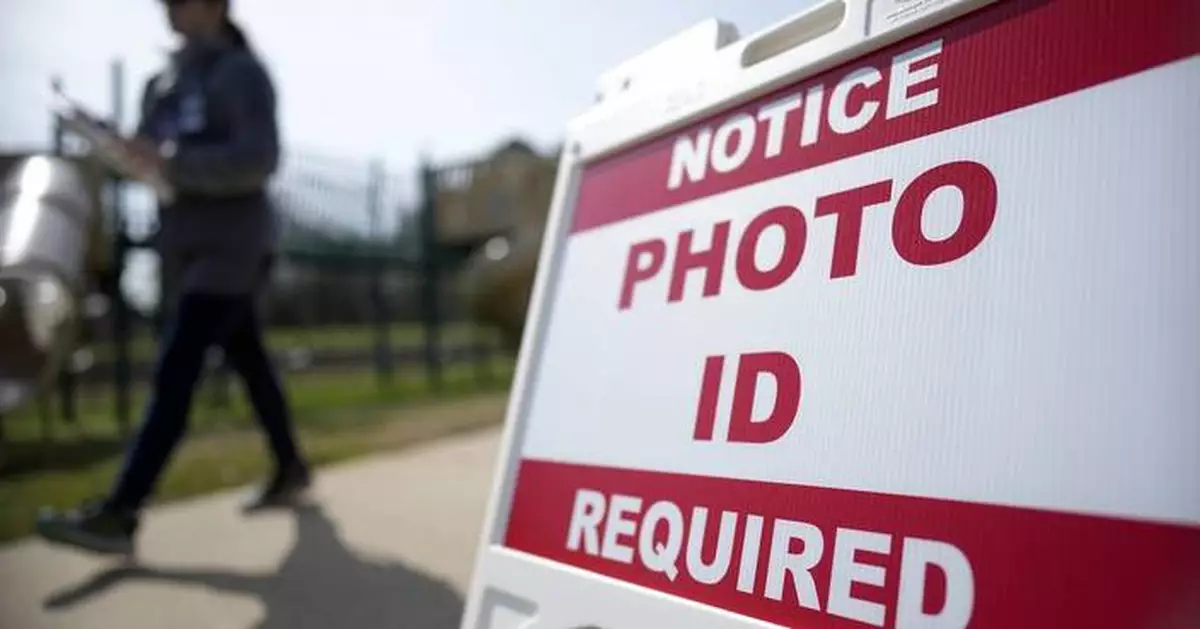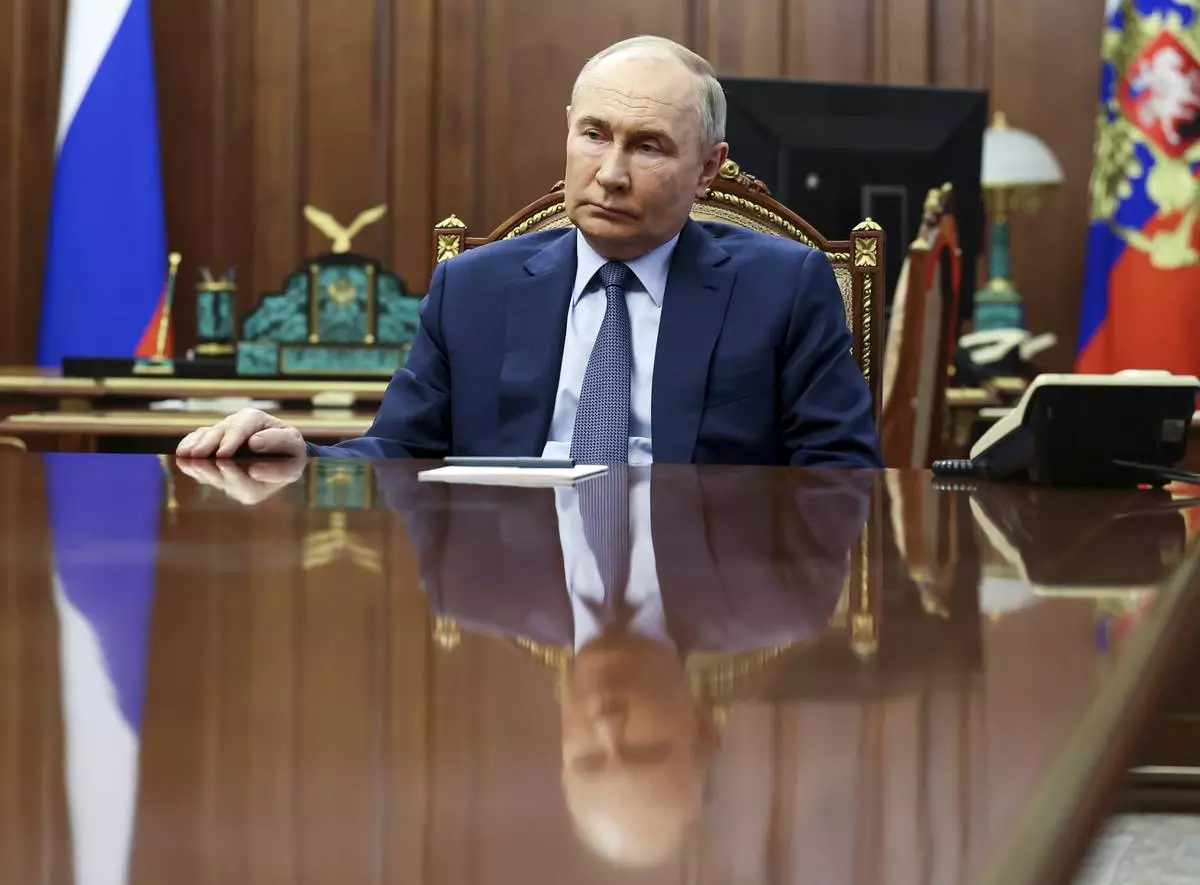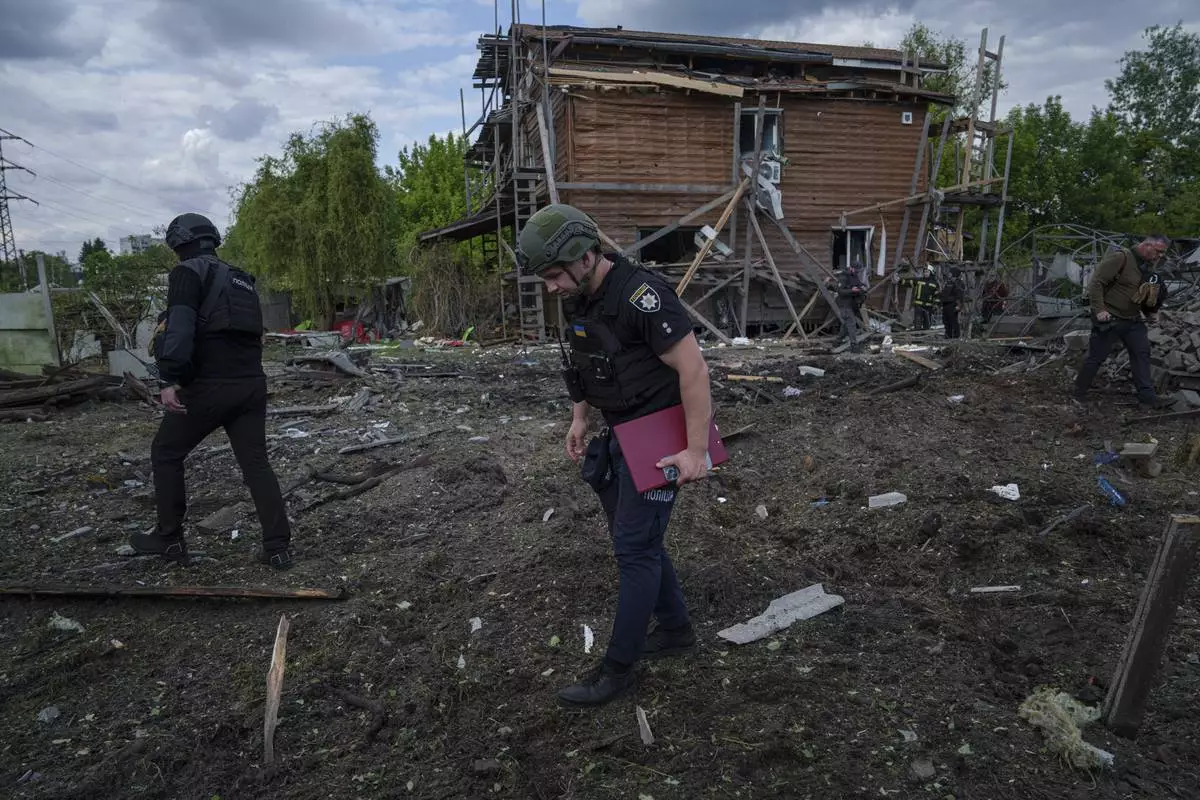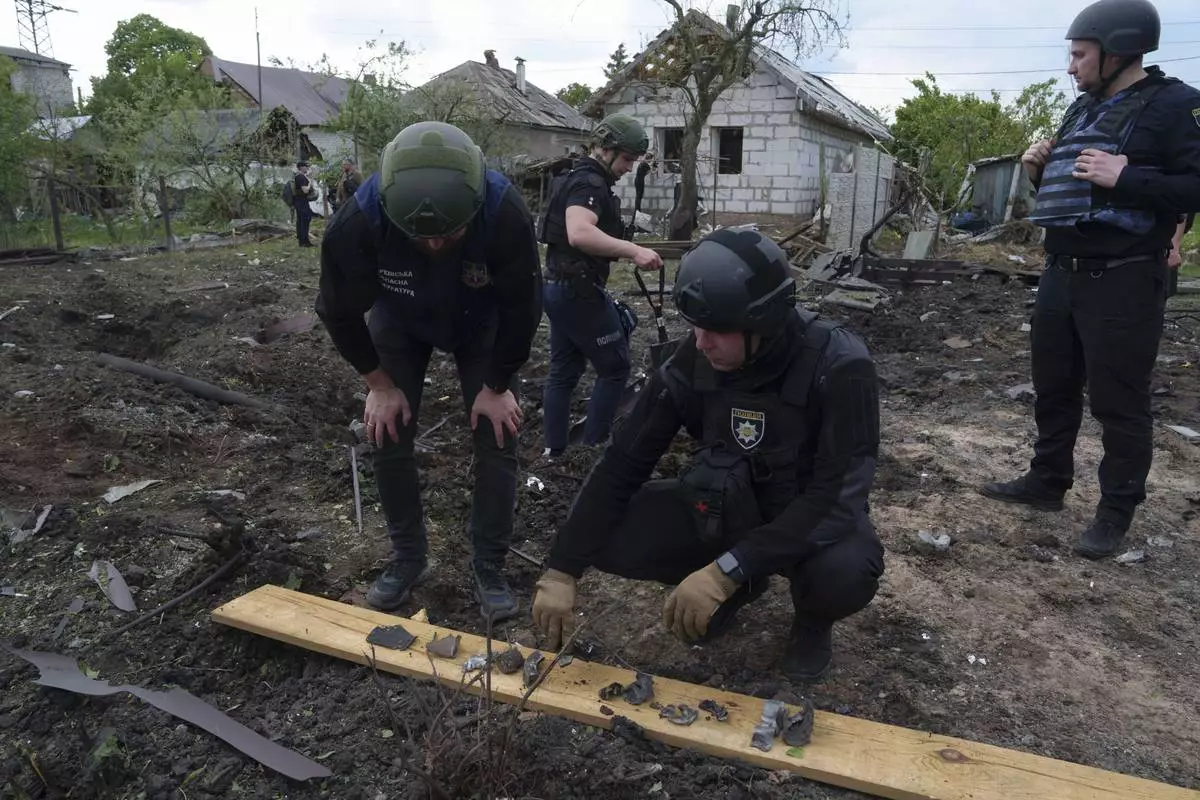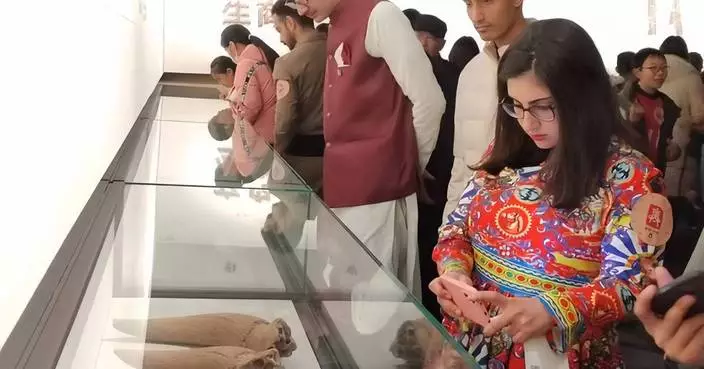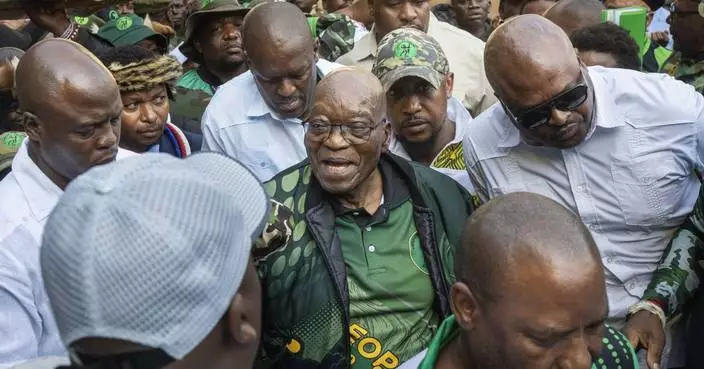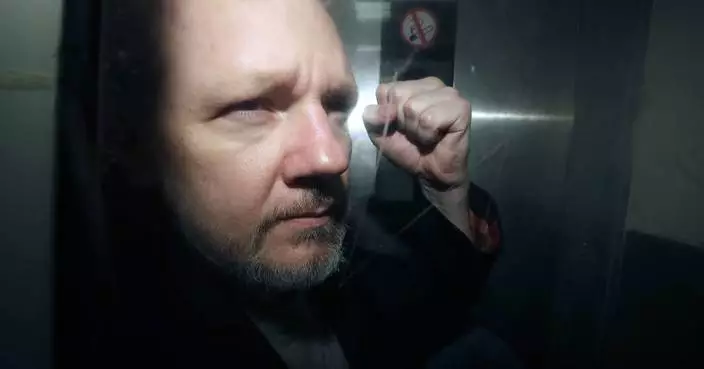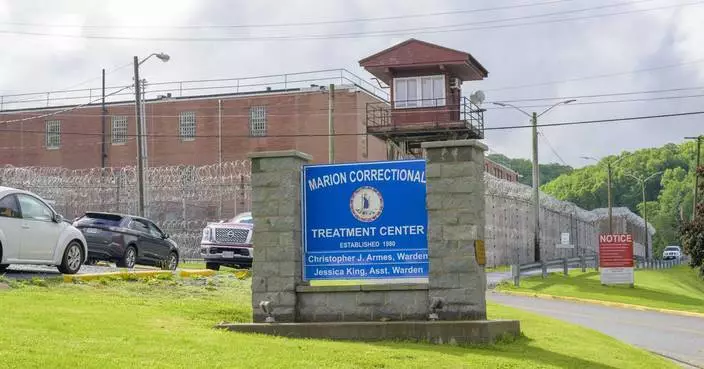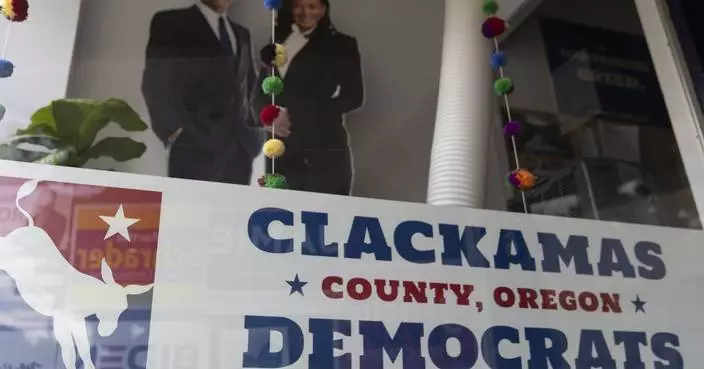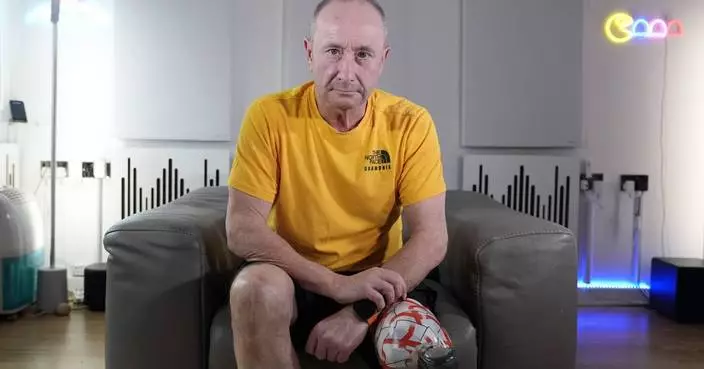RALEIGH, N.C. (AP) — A federal lawsuit challenging North Carolina's photo voter identification law is set to go to trial Monday, with arguments expected to focus on whether the requirement unlawfully discriminates against Black and Hispanic citizens or serves legitimate state interests to boost public confidence in elections.
The non-jury trial in Winston-Salem begins more than five years after the state NAACP and several local chapters sued over the voter ID law enacted by the Republican-dominated General Assembly in late 2018.
This litigation, along with similar lawsuits in state courts, delayed implementation of the requirement until last year's municipal elections. The 1.8 million voters who cast ballots in the March primaries also had to comply. State election data showed fewer than 500 provisional ballots cast because of ID-related issues in the primary ultimately didn't count.
The November general election — with races for president, governor and other statewide seats — could see turnout three times greater than the primary. And the nation's ninth-largest state is a presidential battleground where statewide races are often close.
A favorable NAACP ruling from U.S. District Judge Loretta Biggs could block the requirement in the fall. The trial is expected to last several days, with Biggs already signaling in a document that she won’t immediately rule from the bench.
The NAACP lawyers contend the voter ID requirement, along with two other voting-related provisions in the 2018 law, violate the U.S. Constitution and the Voting Rights Act in part because lawmakers enacted them with discriminatory intent.
In a pretrial brief, attorneys for the state and local chapters of the civil rights group cite data showing Black and Latino voters are more than twice as likely to lack a qualifying ID with a photo than white voters. They plan to bring in witnesses who will say they encountered voting problems in the March primary.
“Absent relief, thousands of North Carolinians will similarly have their right to vote unconstitutionally abridged,” the NAACP lawyers wrote. They also said evidence will show North Carolina lawmakers rushed through the legislation — mere weeks after voters approved a constitutional amendment mandating photo ID — without considering its impact on minority voters.
Attorneys representing Republican legislative leaders and State Board of Elections members defending the law in court said in briefs that the rules impose only a minimal burden on voters.
They point out that the law greatly expanded the number of qualifying IDs compared with what was approved in a 2013 voter ID law that federal judges struck down as discriminatory. Free IDs are provided by county election and Division of Motor Vehicles offices, and people lacking photo ID at the polls should have their votes count if they fill out an exception form or bring in their ID to election officials before the final tallies.
“The General Assembly enacted (the law) after the People of North Carolina mandated the legislature to create a voter ID law. The bipartisan legislation did not have a discriminatory intent, and Plaintiffs cannot overcome the presumption of legislative good faith,” lawyers for House Speaker Tim Moore and Senate leader Phil Berger wrote in a brief. Preventing voter fraud is also a legitimate state interest for the law, the attorneys wrote. Nationwide, however, voter identity fraud is rare.
Biggs, who was nominated to court by President Barack Obama, already has ruled frequently in this case.
In late 2019 she issued a preliminary injunction blocking enforcement of the law, saying it was tainted because the 2013 law had been struck down on similar grounds of racial bias. But the 4th U.S. Circuit Court of Appeals reversed her decision, writing that she had put too much emphasis on the past conduct of the General Assembly when evaluating the 2018 law. When Biggs declined to allow Berger and Moore to join the lawsuit as defendants, they appealed, and the U.S. Supreme Court ultimately sided with them in 2022.
Biggs opened the door for a trial when the state Supreme Court determined the photo ID law comported with the state constitution.
Thirty-six states have laws requesting or requiring identification at the polls, 21 of which seek photo ID, according to the National Conference of State Legislatures.

FILE - Brandon Rivers works to sign up voters at The Roof Above, Aug. 4, 2023, in Charlotte, N.C. A federal lawsuit challenging North Carolina's photo voter identification law goes to trial Monday, May 6, 2024, with expected arguments focusing on whether the requirement unlawfully discriminates against Black and Hispanic citizens or serves legitimate state interests to boost public confidence in elections. (AP Photo/Chris Carlson, File)

FILE - A Super Tuesday voter walks past a sign requiring a photo ID at a polling location, March 5, 2024, in Mount Holly, N.C. A federal lawsuit challenging North Carolina's photo voter identification law goes to trial Monday, May 6, with expected arguments focusing on whether the requirement unlawfully discriminates against Black and Hispanic citizens or serves legitimate state interests to boost public confidence in elections. (AP Photo/Chris Carlson, File)


